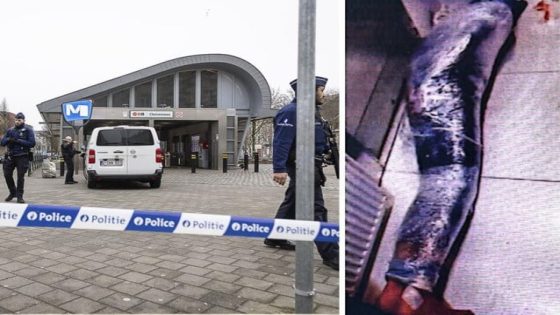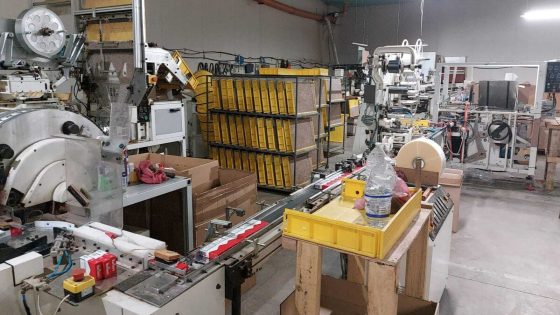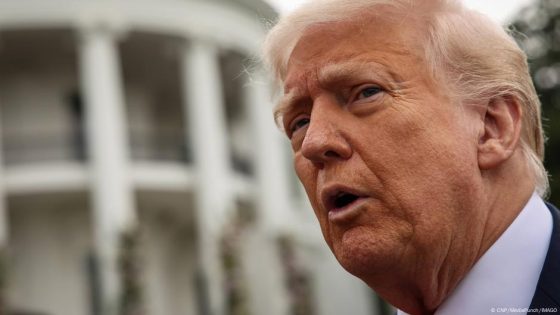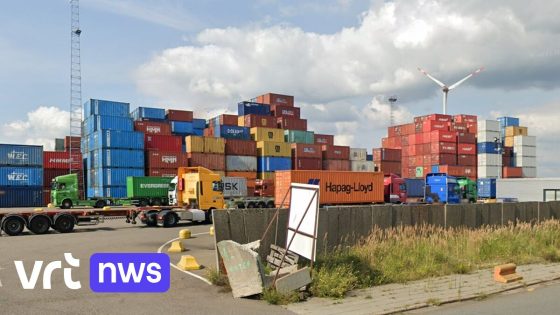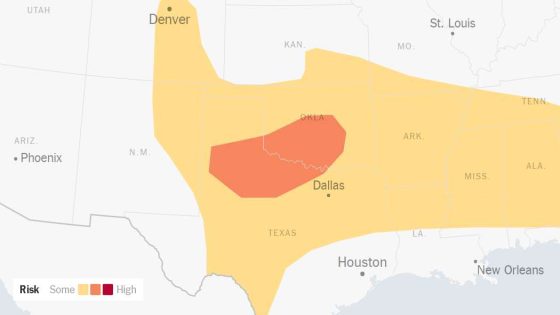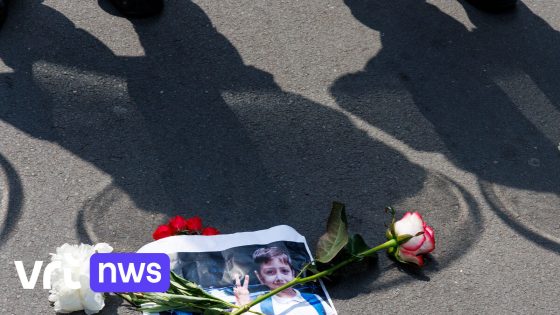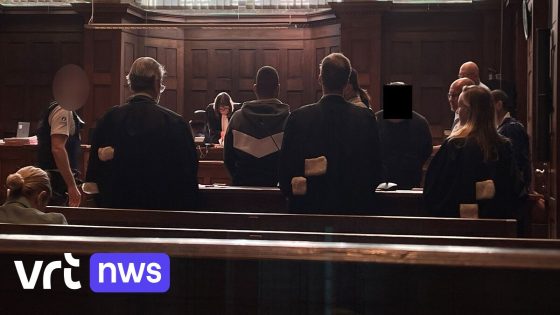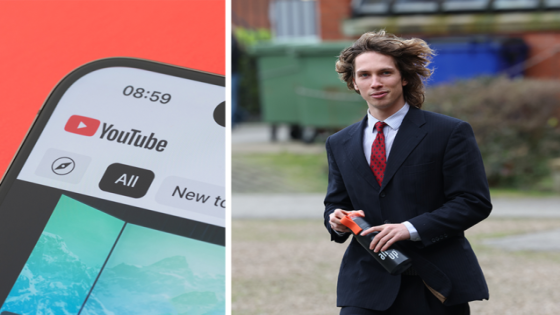The Clemenceau drug gang trial has captured attention across Belgium, revealing the dark realities of drug trafficking around the metro station. Between 2023 and 2024, the gang operated a cocaine and cannabis network, with the notorious leader Omar E.A., known as ‘Biggy’, orchestrating activities even from Haren prison. On 2025-05-26 15:39:00, the court handed down significant sentences, marking a critical moment in Brussels’ fight against organised crime.
- Bende handelde cocaïne en cannabis rond Clemenceau
- Omar E.A. kreeg acht jaar celstraf
- Bendeleden verdienden tot 2.500 euro per week
- Gewelddadige wraakacties bij diefstalverdacht pleegd
- Topbende ook veroordeeld voor illegaal wapenbezit
- Imad E. leidt bende vanuit cel verder
Omar E.A. received an eight-year sentence for continuing to lead the gang from behind bars, while other leaders faced four to eight years. Dealers involved earned up to €2,500 weekly and received varying sentences, with two suspects acquitted. The trial also exposed brutal violence, including chilling torture methods used to control members.
How does this impact local safety, and can the authorities finally curb the persistent drug war at Clemenceau? The answers are complex but crucial for Anderlecht’s future.
What makes this case particularly troubling is the gang’s resilience and violent tactics. Despite arrests, the drug war continues, driven by:
- Leaders directing operations from prison using smuggled phones
- Extreme violence, including torture to maintain discipline
- A ‘hydra effect’ where removing one leader leads to new ones rising
- Territorial battles causing deadly clashes near Clemenceau and Peterboswijk
Looking ahead, sustained efforts combining stricter prison controls and community policing are essential. Will authorities manage to dismantle this ‘multi-headed’ gang and restore peace to Anderlecht’s streets? The coming months will be decisive for Belgium’s fight against urban drug violence.



